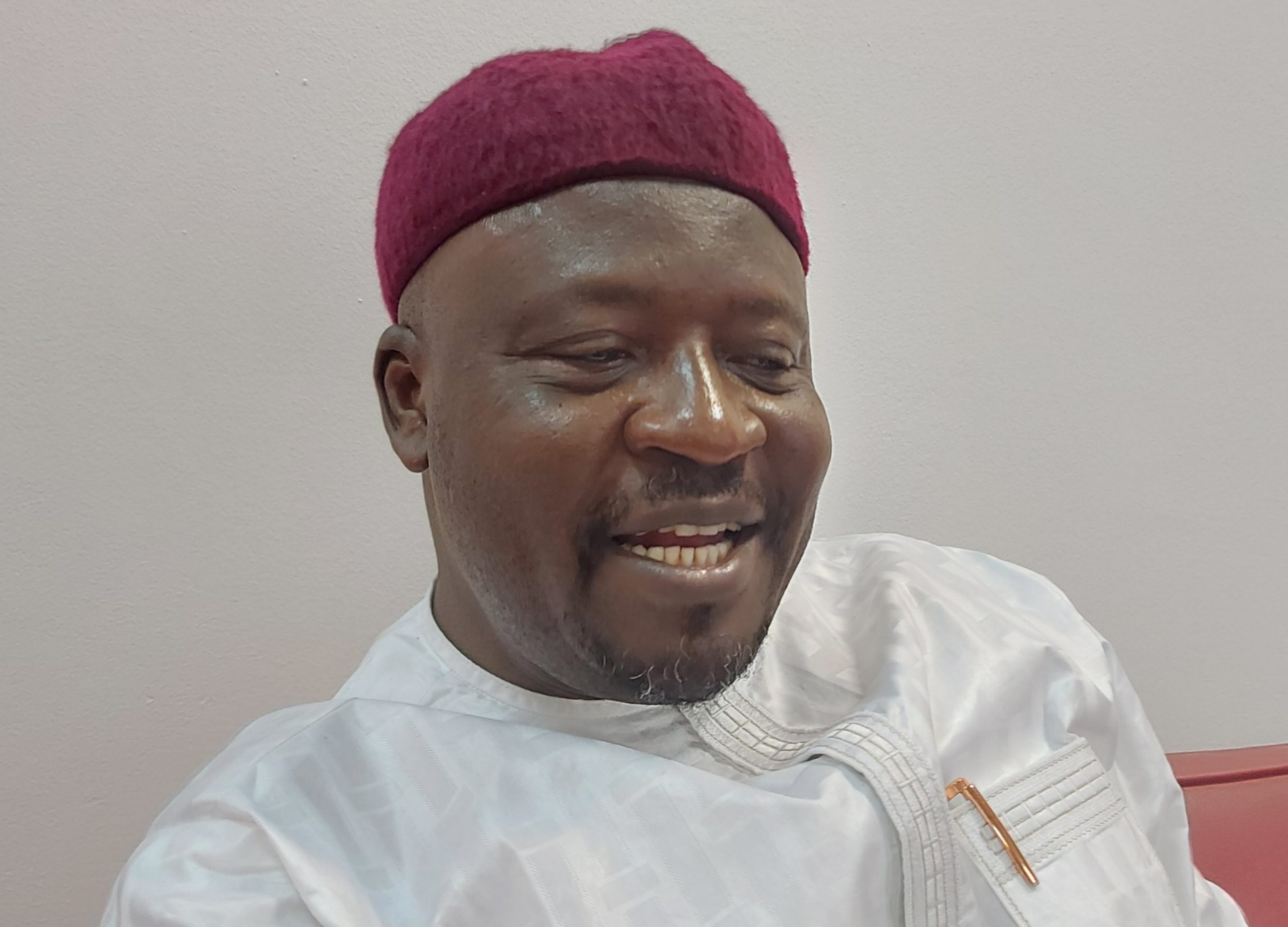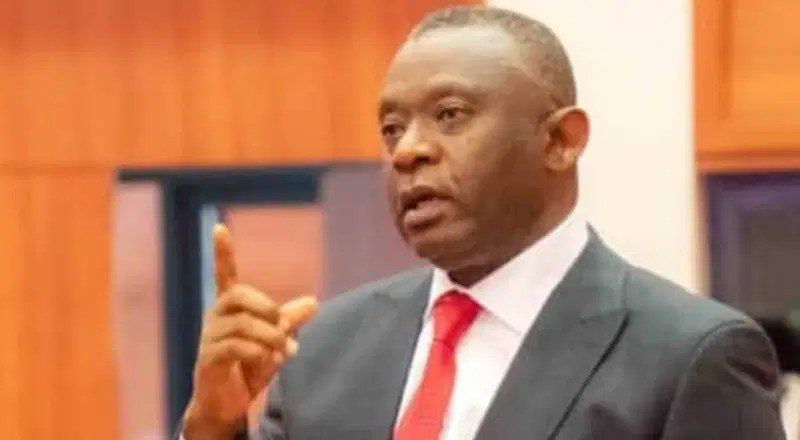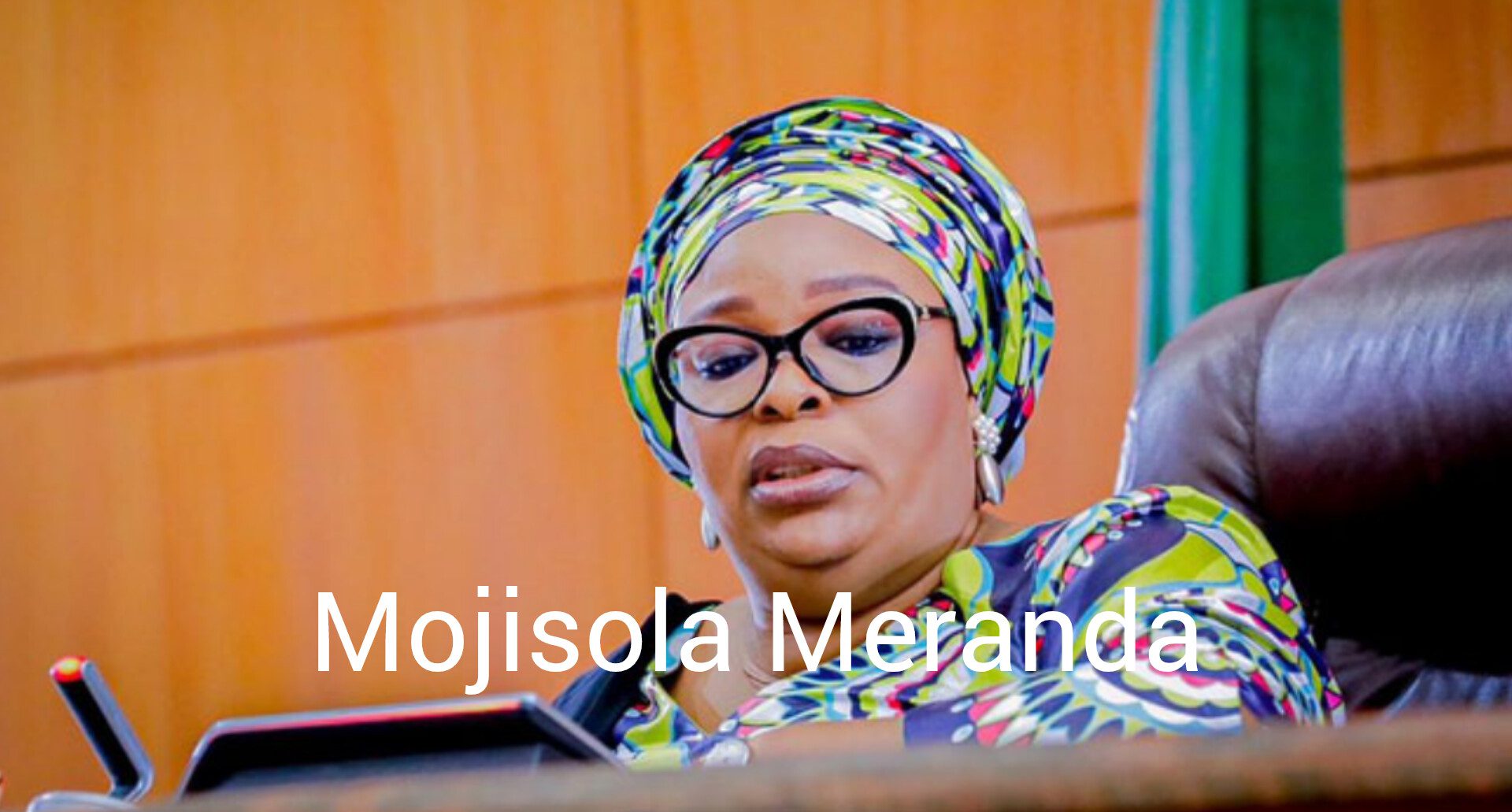Throws weight behind agitation for state Police
***Insists boarder closure raises crime rate
The Senator representing Kano South Senatorial district Abdulrahman Suleiman Kawu on the platform of the New Nigeria Peoples party (NNPP) has expressed his full support for the much talked about state police

Kawu explained that the various states of the federation currently give massive support to the federal police in their respective domains saying it is therefore important to trust them to effectively run state police.
He said the state level policing is crucial because of their better understanding of the environment, thereby making it possible for them to compliment the federal police formations to combat crime in Nigeria .
Kawu equally expressed the desire for police officers to remain in service for five mores post retirement describing the current retirement age as premature in his Bill seeking to amend the Police Act and allow for more years
The federal lawmaker explained further that the United States of America and many other democracies of the world have embraced state policing and have provided clear-cut jurisdictions for it to avoid unnecessary rivalry with the the federal police .
According to him, for the country to make meaningful and more impactful progress in curbing crimes and other vices, it will be proper to compliment the federal police with the state police with the common goal of ridding the society of crimes and criminalities.
“My honest opinion is that the state police should be approved to compliment the federal formations. This is the way it is done in other climes and if it works in those places, why would people think or assume it won’t work in Nigeria .
“I say this because the state Governors have been giving appreciable support to the state commands of the Nigerian Police in their states and that indicates that they can even do better when the state police is approved for them .
“The two will have clear cut rules of engagement and I don’t think there will be conflict. We practice federalism and if truly we believe in it, why then should we deny the states the opportunity to have their own police that will tackle the peculiar security challenges of the states.
“I am in support of multiple police structures, it’s done in other countries and we can do it here for the purpose of keeping the country safe and ridding it of vices “.
Earlier senator Kawu’s bill on the amendment of the Nigerian Police Act passed through the second Reading on the floor of the Senate .
Speaking on the bill, the lawmaker explained that amongst other amendments, the review of the retirement age of police officers with at least additional five years is key
According to him,’this country spends alot of money training officers hence they should be allowed to stay a little longer in service so that the country can benefit and enjoy their experience garnered over the years through training and retarining of the officers.
“We need to discourage and put an end to this premature retirements that do not do the country any good. So the bill basically seeks to address that retirement age and I believe it will be better to have more of the experienced officers in service than having them in retirement “.
Also addressing journalists on his motion on reopening of the Nigerian-Niger boarder senator Kawu said the closure has caused untold hardship to Nigerians .
According to him the closure of the boarder has increased the crime rate in the boarder states leading to massive job lost .
According to him the action runs contrary to the provisions of the constitution of the Federal Republic of Nigeria that guarantees the security and welfare of the people saying that it is the primary purpose of Government .
He urged the federal government to reconsider reopening of the boarder between Nigeria and Niger to allow for free movement of trade and business between the two countries ,as commercial activities had drastically gone down in these areas.
He stressed that both Nigeria and Niger had signed an agreement on boarder frequency coordination to allow free movement, therefore closing the boarders runs contrary and violates that agreement .
He maintained that Nigerians should not be allowed to suffer such untold hardship for whatever reasons.



